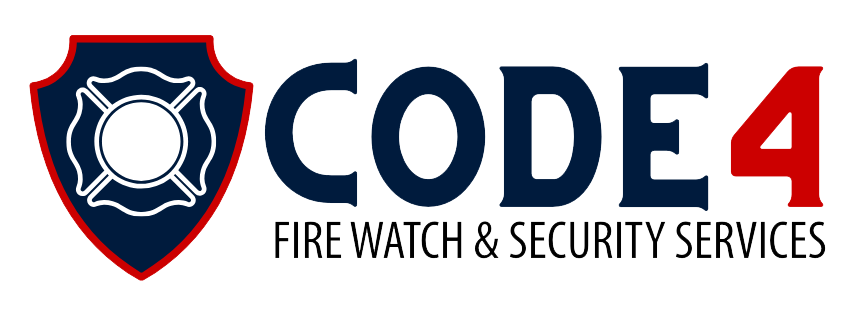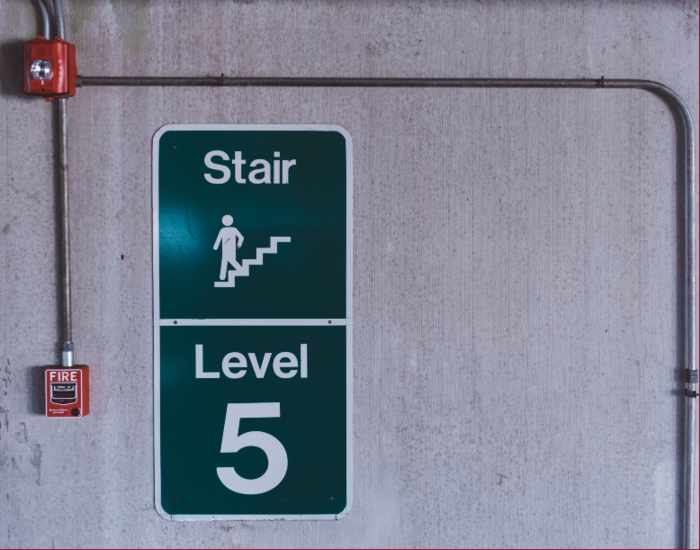When people travel and stay in a hotel, they assume they will be safe where they stay. They expect the hotel owner and manager to have done their part to see the guests are comfortable and protected from the elements both inside and outside of the hotel. This goes beyond merely having a properly functioning HVAC system but also includes actions such as a properly maintained sprinkler system, safety precautions being taken in the kitchen and laundry areas, and chemicals being stored properly.
When it comes to fire safety at hotels and motels, owners and managers must do their part to ensure guests are kept safe. Why? Consider these facts from the U.S. Fire Administration regarding hospitality venues:
- Every year there are just under 4,000 hotel and motel fires. These resulted in 15 deaths, 100 injuries, and $100 million in property loss.
- The leading cause of fires in hotels and motels is cooking.
- With proper signage and precautions, you can reduce the risk of a fire at your establishment by as much as 55%.
- Not surprisingly, hotel fires are more prevalent during cooler months, with the peak being in February.
Fire Safety and Your Hotel
Hotel and motel fire safety can be achieved, and often without breaking the bank. Here are some proactive measures you can implement at your hospitality location.
- Have clear signage that includes instructions such as “keep door closed,” “No Smoking,” or other statements that will help guests know what is expected in a particular area.
- Create a safety plan for guests and employees alike. Be sure your staff knows the plan, and ensure a copy of the plan is in each room of your hotel.
- Be sure that the fire evacuation plan, along with a picture of the path to be taken from specific areas, is posted throughout the building.
- Have emergency exits visible for all occupants from any part of the building.
- Be sure that boxes, shelving, etc., are never set up in a way that blocks emergency exits.
- Keep emergency signage visible at all times, never obstructing it with anything.
- Install emergency lighting. Typically, in a fire, all other building systems will be shut down. However, emergency lighting is designed to provide enough light for guests to escape.
- Have safety points for guests. These are locations where guests can congregate safely. Depending on the size of your venue, you may need more than one.
- Have regular reviews by fire safety inspectors to ensure that your facility is up to code and that all fire safety systems are working correctly.
- Do frequent fire risks assessments at your facility. This includes the following:
- Walk through your location and identify potential fire hazards. These can include damaged electrical sockets, obstructed ventilation, faulty kitchen equipment, dirty filters, etc. You should also look for any combustible items that may be stored incorrectly.
- Recognize that your guests will always be at the most considerable risk in the event of an emergency as they are not going to know your location as well as you and your employees. More so, they may be asleep when an emergency occurs and will be disoriented. Be certain that every measure has been taken to egress possible.
- Be sure that every floor is designed to make it safe and simple for them to get out. If this is not doable on every floor, be sure that guests with any disabilities are given rooms that make it easy to evacuate. Keep in mind that some guests may have disabilities that make evacuating more difficult.
- Record any findings and correct them immediately.
Owning or managing a hotel or hospitality venue is an excellent occupation and allows you to interact with many people. But do your part to make their stay as pleasant as possible. One of the best ways is to ensure they are safe.
Maintaining that your commercial property is safe and that your guests are protected is essential. If you have any questions regarding the safety of your guests and any fire prevention steps you can take, don’t hesitate to get in touch with the Code 4 team today.

